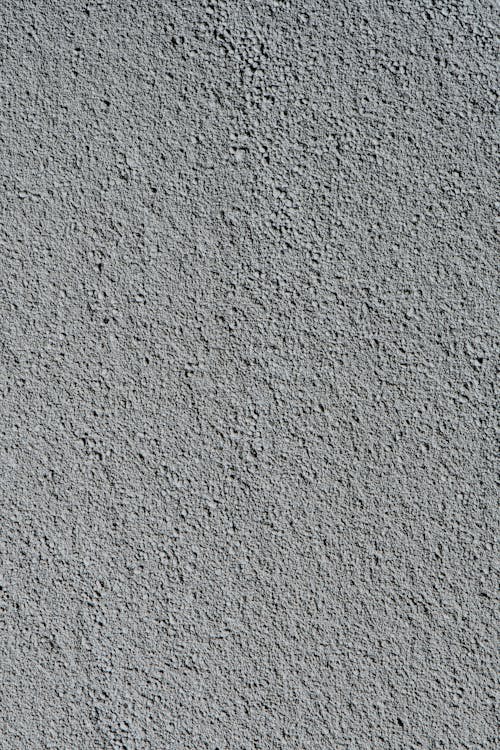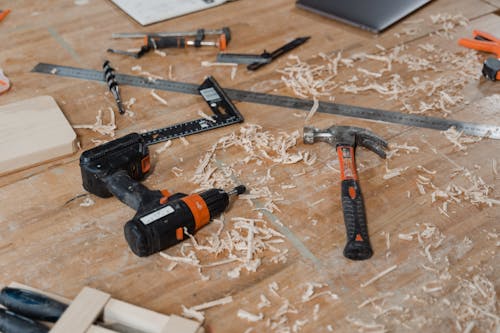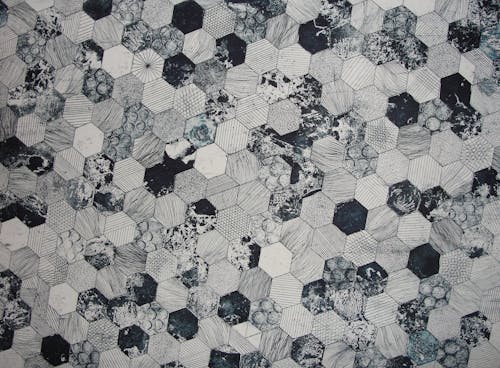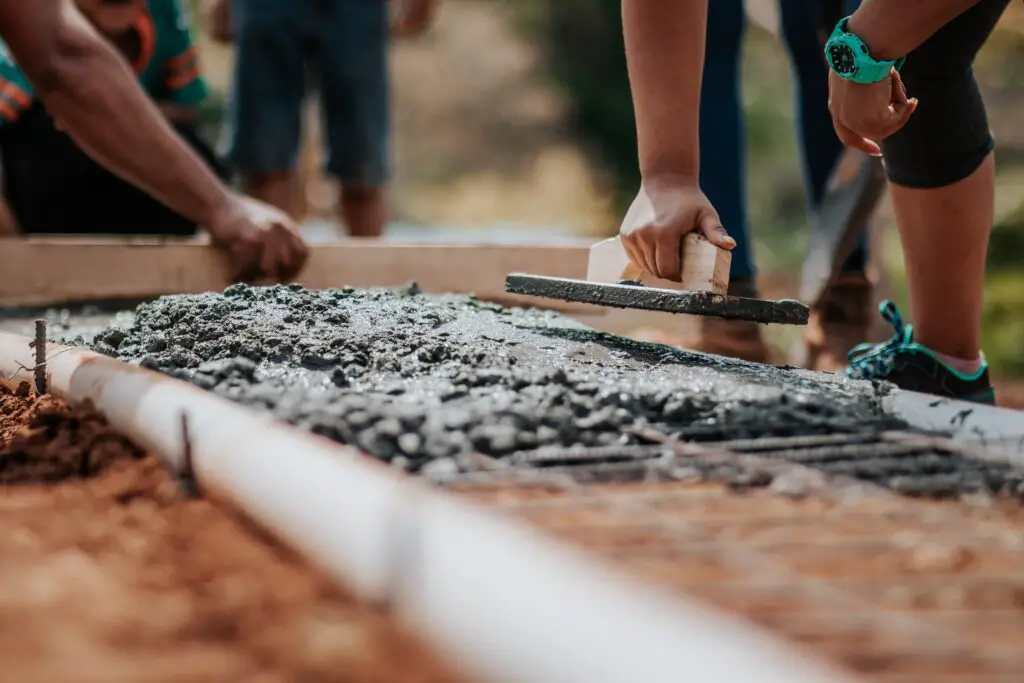As Do-It-Yourself or DIY became a norm these days, one must know what are the basic construction material if you are into doing your next furniture, renovation or even simple groundwork project.
1. Cement
Cement is the most widely used binding material for your next masonry project. If you are to finish that wall of yours or even just tiled that one corner of your house, you must always take note to have cement ready in the mix. Cement is a material that is in powder form that sets, hardens and adheres to other materials to bind them together, most commonly are sand and gravel.

It is used mostly to produce concrete with combination of sand, gravel and water to create a strong paste that hardens overtime. And as we all know, concrete is the most widely used material in construction after the fall of wood in building houses and structures.
The most basic suppliers of cement are Republic Cement, Holcim, Portland and Eagle.
2. Concrete Hollow Blocks (CHB)
Looks like it is time to build a wall, and the most widely used material for building a wall which is relatively cheap and easy to use is what we called Hollow Blocks.

Hollow Blocks are basic material needed to build sturdy structures that are usually composed of mixture of cement, gravel, sand and water molded and compressed to a specific shape for easier usage and application. They are typically shaped in rectangular with three or two holes at the inside for placement of reinforcement bars and sometimes concrete.
Typical sizes of Hollow Blocks are 4 inches and 6 inches which are used for indoors and outdoors respectively.
3. G.I. Wires
The very useful tie wires that are mostly used for tying things up as the name suggests. They are used to bind reinforcement bars in placed, hold things up, connect two different materials and so on and so forth.

They are highly used and cheaply available in the market.
4. Plywood
The woodman’s best material. Plywoods are wood used mainly for partitioning, floors, ceilings, shealthing, furnitures and even walling. They are the superior material before the rise of concrete and mainly used in house and furniture construction.
Plywood is a material manufactured and created from thin layers or mostly known as plies of wood veneer that are glued together with adjacent layers having their wood grain rotated up to 90 degrees to one another.

They are strong material that can withstand pressure yet usually succumbed to water as they are readily water resistant.
5. Hardiflex
It looks like this is the time to finish your ceiling and the best material out there which is cheap, relatively easy to use and install, flexible and easy to paint is the Hardiflex.

Hardiflex are cement board which are made from high-grade cellulose fiber, cement, water, sand and especially formulated additives, HardieFlex® is durable and requires minimal maintenance and repair hence is very cost-effective and environment-friendly with very low VOC.
| Dimension (Length x Width) | Sheet Thickness |
| 2440mm x 1220mm (8ft x 4ft) | 4 mm and 6 mm |
6. Tiles
Tiles is the best material to improve the aesthetics of your house as it give color or emphasis on your flooring. They are thin objects, usually square or rectangular in shape and sometimes have hex or weird shape as of late. A tile is a manufactured piece of hard-wearing material such as ceramic, stone, metal, baked clay, or even glass, generally used for covering roofs, floors, walls, or other objects such as tabletops.
They are one of the most common material and can be found in any places with various designs and shapes to complement your house or structure.

To see other material construction prices, please see here.
To know other construction guides, tips, and methodology for beginners, veterans, and contractors, please see here.

